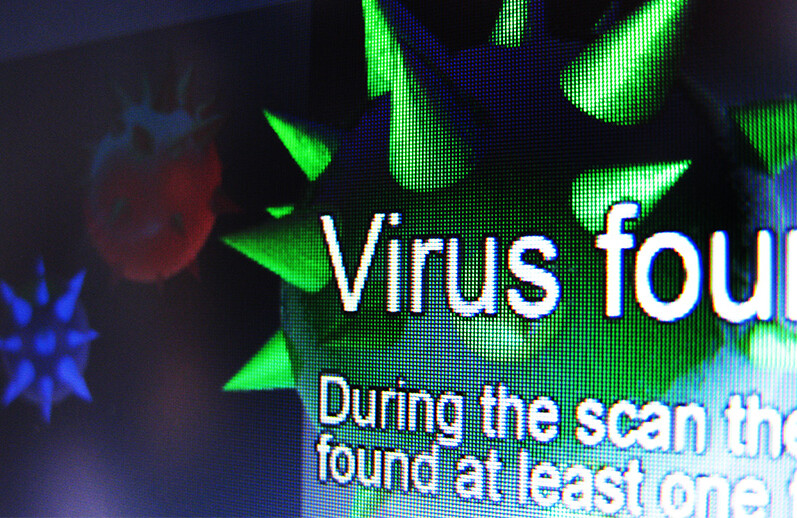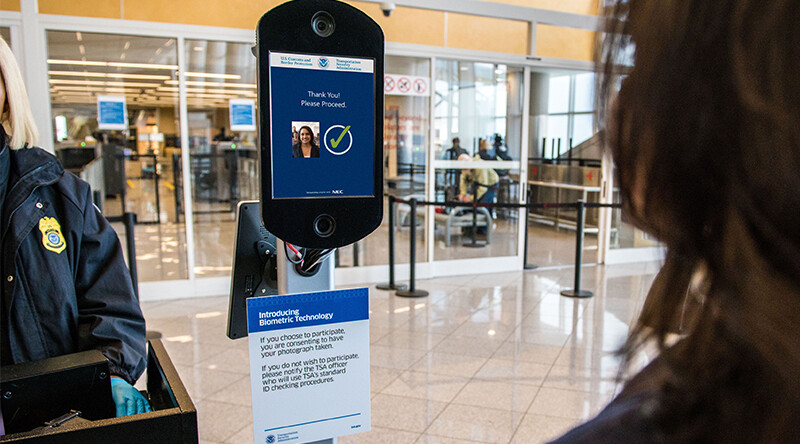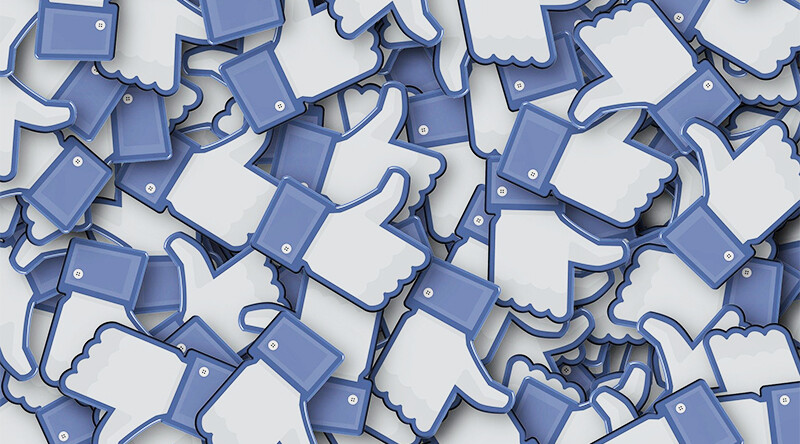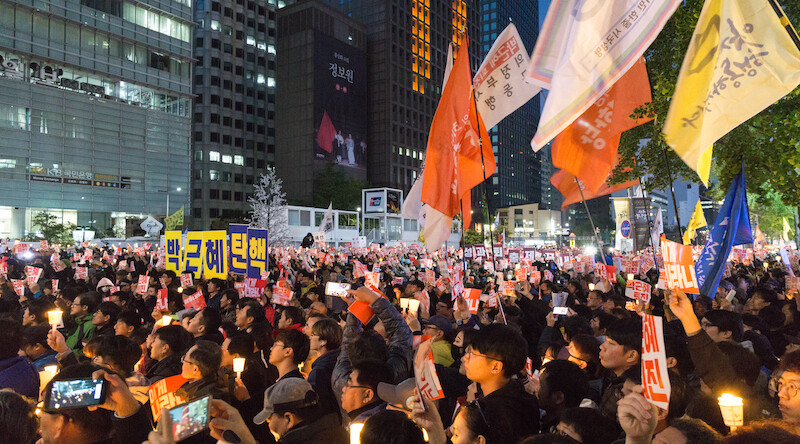Jennifer Baek is a Korean-American high school freshman from Jericho, New York who enjoys keeping up with the latest political and cultural issues in society. When she's not writing, she can be found reading the latest issue of Time magazine or listening to various podcasts. Ultimately, she hopes to one day use her pieces of writing as a tool to challenge prejudice and bigotry.
ESSAY TOPIC: Is there an ethical responsibility to regulate the Internet? If so, why and to what extent? If not, why not?
There is a common misconception that antibiotics can help humans with all sicknesses. However, misprescribing antibiotics to people with viral infections can have little to no effects. Even worse, it can also potentially create antibiotic-resistant properties in harmless bacteria that can spread and cultivate to other parts of the body and create an opportunity for potentially harmful bacteria to replace the harmless ones completely. Doctors and scientists know that misusing medicine can create superbugs in their well-intentioned efforts to reduce disease, pain, and suffering. Similarly, with the expansion of the internet, there have been national and international discussions about how to prevent "diseases," such as terrorism and violent acts from spreading across the web. Unfortunately, like the overprescription of antibiotics, some world leaders have been misprescribing medicine to combat internet and social media diseases, showing that the treatment is sometimes worse than the disease itself.
Many world leaders rightly worry about the health of the body of the internet. Diseases such as terrorist groups, fraudulent information created by the media and citizens, or the government controlling what the general public sees, can make the body of the internet infected. Many people who are exposed to the disease want figures such as the government to regulate the internet as the medicine that can help cure the social disease. And although many countries use internet regulation to block or to eliminate illegal activities, different countries such as China and South Korea have been recently using internet regulation as a form of political propaganda to censor any content that offends people in power.
One such world leader who has misused her power to control internet speech was former South Korean president Park Geun Hye. In April 2014, the Sewol Ferry tragedy killed 304 people, the majority of them high school students. Later in the week, President Park received extreme backlash for her lack of action during and in response to the tragedy. The majority of the backlash that President Park faced was from a private mobile messaging app, KakaoTalk. In response to any rumors that were distributed that were related to her, President Park announced in October 2014 that any messages or comments containing insults or slander directed to her or the Korean government would be investigated immediately, and that the writer of the comment would be punished severely. While President Park's purpose of the regulation was to prevent civil unrest among the general public, it did the direct opposite: a greater number of resentful citizens used Kakao Talk to insult the President for her restrictions on speech and handling of the event. What made the majority of the public even more shocked and infuriated, was the fact that South Korea's system of government was a "full-functioning democracy" as President Park quoted, which meant that the Koreans have freedom of speech. However, President Park and the South Korean government had acted as though the country were not democratic. Ironically, her attempt to regulate speech and preserve order contributed to governmental disorder when she was impeached. Although the story of the Sewol Ferry Tragedy was tragic, it shows how people such as Park Geun-Hye use their power to practice and spread the disease of internet regulation under the guise that it will prevent more serious problems.
In fact, the disease of internet regulation is currently being transformed into a global epidemic. Other countries, such as China, have been using internet regulation on such an extreme level to the point where citizens are only allowed to look at specified websites. For instance, the Chinese government blocks certain international website content such as Google, Youtube, Facebook, and the New York Times, and monitors its citizens' internet and social media use. China has implemented one of the most powerful of internet regulations, the "Great Firewall of China." The Hong Kong Protests serve as a paradoxical example that supports the Chinese position on internet censorship, which is that unrestricted internet and social media speech leads to social disorder. However, the protests also show that the citizens do not want to be under an oppressive regime that severely limits political speech. The Chinese government believes that censoring internet speech, especially restricting access to non-Chinese ideas, will maintain the nation's political and social health. Its leaders worry that unapproved outside ideas might create dissatisfaction with the government and highlight that other countries have different and even superior ideas of ordering and governing their societies. The latest Chinese regulatory initiative is the "Social Credit" system. According to the New York Times, China's government will assign a score to citizens based on the degree to which citizens conform to the Communist Party's ideas. Those who spread fake news on social media or use it to criticize the government will receive a low score and then suffer consequences, such as restrictions on their freedom to travel and even loss of internet speed. Many of the leaders spreading the disease of internet regulation claim that they are censoring political speech for the health and safety of their citizens. But in reality, it's unhealthy for any society when those in power restrict what those not in power are allowed to say about them.
The most compelling case for internet regulation is evident in debates about the Dark Web. The Dark Web is a hidden layer of the internet that is not accessible or indexed by search engines, and that requires specific software for access. Many criminals use the Dark Web as a hotspot to perform or commit illegal activities, such as hacking into private network systems, bartering of drugs, and committing organized crime. Governments do and should regulate any criminal activity, especially those on the Dark Web. The internet should not be a place where criminals can freely discuss their intentions about breaking the law.
While regulation of criminal activity on the internet is necessary, we must resist criminalizing anti-government speech. Criminal abuses of the internet and social media should be addressed by law enforcement agencies. We should continue to rely on these agencies to be responsible for monitoring language used on the internet. This can indicate that people are threatening violence and destruction. Using their authoritative power, these aforementioned agencies should have the power to restrict and even remove websites and social media posts that threaten harm. However, language that is critical of the government on social media and the internet should be regulated by individuals and their communities. It's up to parents and teachers and members of communities not to censor, but to discourage people from using language that is offensive; racist, sexist, or otherwise bigoted. It's up to us all to correct misconceptions others have, but not by silencing those with misconceptions or flawed ideas. We must teach people how to speak with civility about those they disagree with, but we must also encourage people to use their speech to challenge those who abuse their power.
Work Cited:
"Antibiotics: Are You Misusing Them?". 2019. Mayo Clinic. Accessed October 14 2019. https://www.mayoclinic.org/healthy-lifestyle/consumer-health/in-depth/antibiotics/art-20045720.
"College Campuses Should Not Be Safe Spaces". 2019. The Chronicle Of Higher Education. Accessed October 1 2019. https://www.chronicle.com/article/College-Campuses-Should-Not-Be/245505
Kristof, Nicholas. 2019. "China's Orwellian War on Religion." Nytimes.com. https://www.nytimes.com/2019/05/22/opinion/china-religion-human-rights.html
"Park Geun-Hye, South Korea’s Ousted President, Gets 24 Years In Prison". 2019. Nytimes.Com. Accessed September 14 2019. https://www.nytimes.com/2018/04/06/world/asia/park-geun-hye-south-korea.html.
Sang-Hun, Choe. 2014. "Critics See South Korea Internet Curbs As Censorship". Nytimes.Com. Accessed September 1, 2019. https://www.nytimes.com/2012/08/13/world/asia/critics-see-south-korea-internet-curbs-as-censorship.html.
"South Korea: Cold War Relic Law Criminalizes Criticism". 2015. Human Rights Watch. Accessed September 1, 2019. https://www.hrw.org/news/2015/05/28/south-korea-cold-war-relic-law-criminalizes-criticism.
"Students Among Hundreds Missing After South Korean Ferry Sinks". 2019. Nytimes.Com. Accessed September 30, 2019. https://www.nytimes.com/2014/04/17/world/asia/south-korean-ferry-accident.html?_r=0.
"Topic: Internet Usage In South Korea". 2019. Statista.Com. Accessed October 1 2019. https://www.statista.com/topics/2230/internet-usage-in-south-korea/.
"Tough Content Rules Mute Internet Election Activity In Current Contest ". 2007. Korea Joongang Daily. Accessed September 2 2019.http://koreajoongangdaily.joins.com/news/article/article.aspx?aid=2883992



